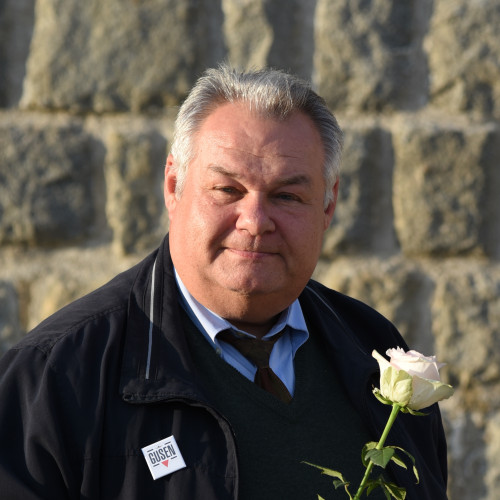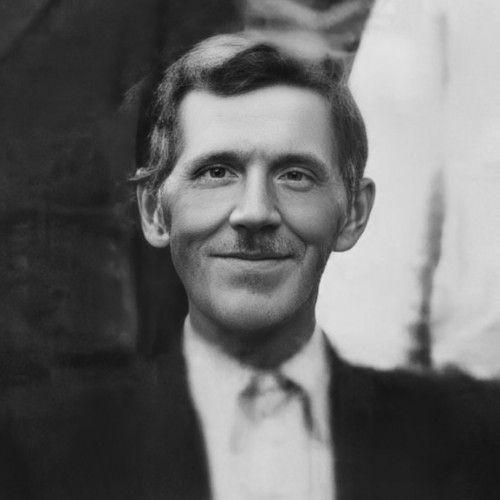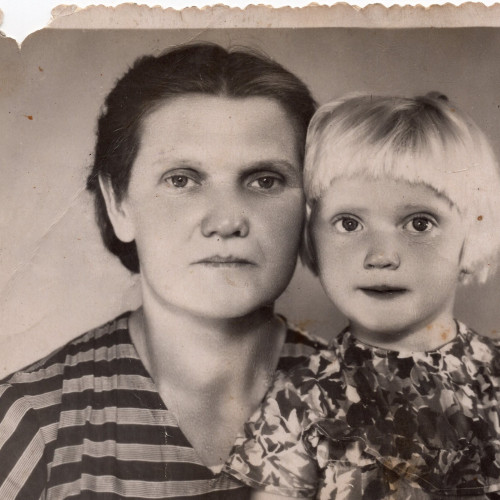Herasym Łukiańczuk - Instytut Pileckiego

“He walked slowly and told me discreetly: ‘Don’t go anywhere, maybe they won’t see you. I will come and get you in the evening. Your brother is already at my place,’” recalled Leokadia Skowrońska, who was saved by Herasym Lukianchuk.
Sieniawka [now Synyavka] [now Synyavka] is a village located on the River
Stochód [now River Stokhid], which runs through Volhynia. Unlike the nearby
Kolonia Aleksandrówka [now Oleksandrivka], which was settled primarily by
Poles, Sieniawka was home mainly to Ukrainians. For Herasym Lukianchuk,
Sieniawka was a “small homeland”: he had been born there, and it was where
he lived, worked and, together with his wife, Anna, raised his daughter Olek-
sandra and son Rostyslav.
During the night from 15 to 16 July 1943, members of the Ukrainian Insurgent
Army (faction of the Organization of Ukrainian Nationalists) murdered a dozen
or so Polish families in Aleksandrówka. At the time, Leokadia Nowakowicz
(later Skowrońska) was 10 years old. When the Banderites entered the village, her parents decided to flee. The family split up: Leokadia ran to a field of wheat, however a rifle bullet hit her in the leg. Wounded, she hid in the field
for nearly two weeks; it was only after this time that the Ukrainians decided
to bury their murdered Polish neighbors.
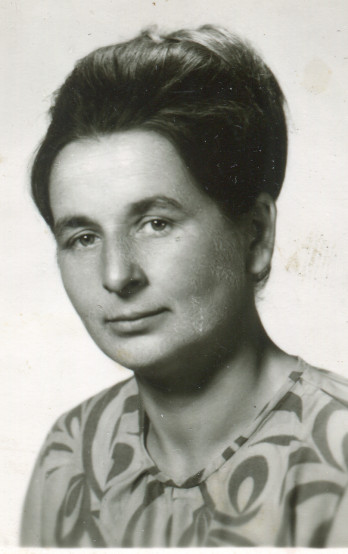
Among those who searched for bodies in the meadows and fields was Herasym Lukianchuk. When he saw Leokadia, his neighbor’s daughter, he promised to help her. He also informed her that he was hiding her brother, Stanisław, in his farmstead. In the evening, Herasym concealed the girl in a sack and carried her to his home. When he saw her swollen leg, he decided to transport her to the hospital in Kowel. Leokadia remembered Lukianchuk’s far-sightedness thus:
“he covered me with fodder and placed me on the cart. He then ordered my brother, Stanisław, who had been wounded in the chin while fleeing from the bandits, to sit next to him, and we set off on our way.”
The Banderites stopped the cart. Herasym convinced them that he was taking his sick son to the infirmary, and so, luckily, all three managed to reach Kowel. Lukianchuk did not forget about the wounded girl, and visited her repeat-edly in hospital. After the war, Herasym remained in Sieniawka. He died in 1953 and was buried at the cemetery in Sieniawka.
“The perpetrators were getting closer. I was terrified and didn’t know what to do. At that moment I heard a voice coming from above, it belonged to one of the Ukrainians with whom my parents had always lived in peace. His name was Harasym [Lukianchuk]. He walked slowly and told me discretely: ‘Don’t go anywhere, maybe they won’t see you. I will come and get you in the evening. Your brother is already at my place.’ He went on his way and I was lucky because no one came to my hideout. In the evening [Lukianchuk] came by like he promised.”
Account of Leokadia Skowrońska, Wspomnienia dzieci Kresów, Foundation of the Center for Research and Documentation of the Polish Struggle for Independence.
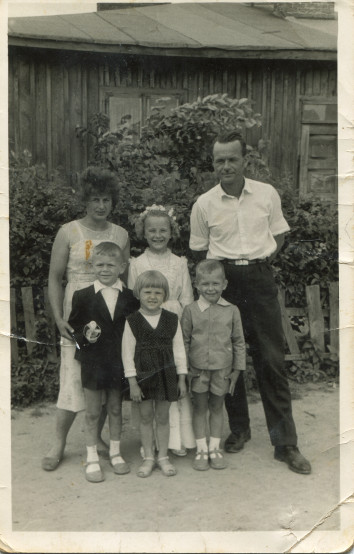
See also
- Rudolf Haunschmied (1966)

awarded
Rudolf Haunschmied (1966)
As a six-year-old boy growing up near Gusen, Rudolf Haunschmied learned that during the Second World War the village had been the location of a German Nazi concentration camp.
- Mychajło Susła

awarded
Mychajło Susła
(1901–1970)A double Christmas, a double Easter: Roman Catholic and Greek Catholic. This is how Irena Próchniak remembers the celebrations in Podkamień in eastern Galicia.
- Zinaida Giergiel z d. Radczuk (1912—1989)

awarded
Zinaida Giergiel z d. Radczuk (1912—1989)
Zinaida Giergiel suspected that after being chased out of their homes and suffering from hunger, the Poles would attempt to return to their farms. She was able to warn polish family that a unit of the OUN/UPA was waiting for them in the house.
